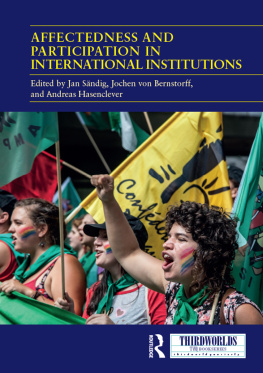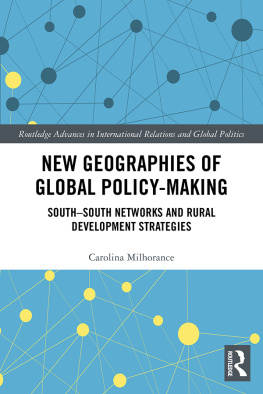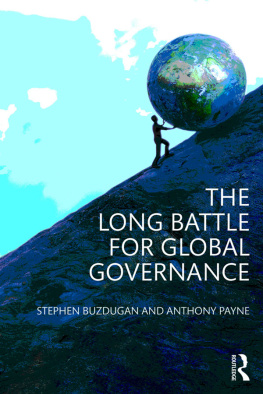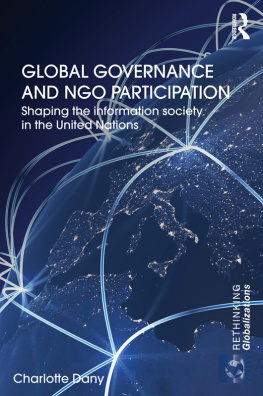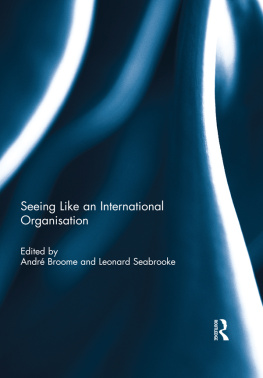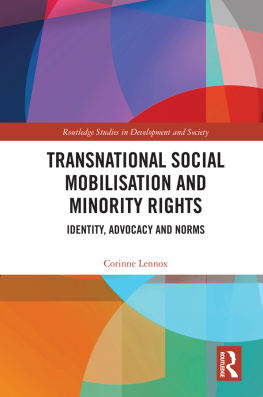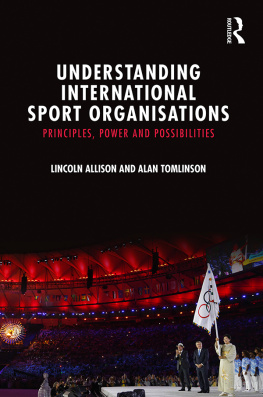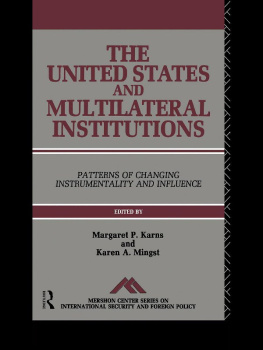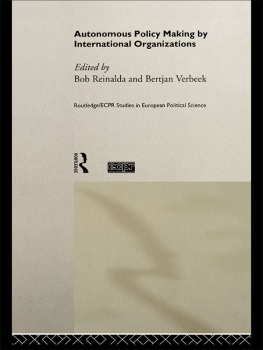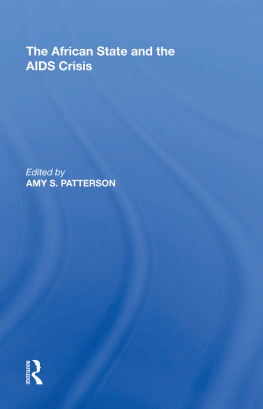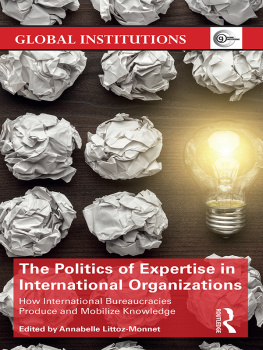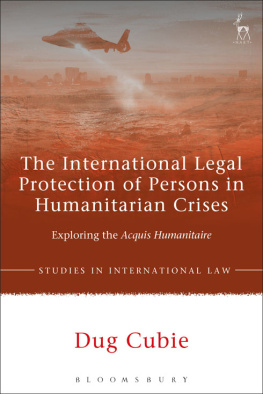Affectedness and Participation in International Institutions
Affectedness and Participation in International Institutions looks at the growing involvement of affected persons in global politics, such as young climate activists, indigenous movements, and persons affected by HIV/AIDS.
Since the early 2000s, international organisations within various policy areas have increasingly recognised and involved affected persons organisations. This has promised to address long-standing legitimacy and democracy deficits of international policy making and norm setting. Yet, the powerful do not easily cede the terrain: Some major states, classic NGOs, and intergovernmental organisations seek to curtail the influence of the newcomers. The authors within this collection study these contestations from an interdisciplinary political science and international law perspective. Based on evidence from a broad range of policy areas, we address some of the crucial questions: What does it mean to be affected? How can affected groups meaningfully participate in international negotiations? Whose voices do still remain excluded? Ultimately, the authors chart whether the rising involvement of the most affected will re-shape global politics and social struggles on the ground.
Taking a dual political science and international law perspective, Affectedness and Participation in International Institutions will be of great interest to scholars of civil society in global governance, international law, and international institutions. This book was originally published as a special issue of Third World Thematics.
Jan Sndig is a Research Fellow in Peace and Conflict Studies at the University of Tbingen, Germany. His research focuses on armed and non-violent contention in Sub-Saharan Africa and the role of civil society in global governance.
Jochen von Bernstorff is Professor of International Law at the University of Tbingen, Germany. His research focuses on the history and theory of international law and international institutions.
Andreas Hasenclever is Professor of International Relations and Peace Studies at the University of Tbingen, Germany. His major research interests are in the field of Peace and Conflict Studies with particular reference to regime analysis, international trust dynamics, and the impact of religious traditions on political conflicts.
ThirdWorlds
Edited by Shahid Qadir, University of London, UK
ThirdWorlds will focus on the political economy, development and cultures of those parts of the world that have experienced the most political, social, and economic upheaval, and which have faced the greatest challenges of the postcolonial world under globalisation: poverty, displacement and diaspora, environmental degradation, human and civil rights abuses, war, hunger, and disease.
ThirdWorlds serves as a signifier of oppositional emerging economies and cultures ranging from Africa, Asia, Latin America, Middle East, and even those Souths within a larger perceived North, such as the U.S. South and Mediterranean Europe. The study of these otherwise disparate and discontinuous areas, known collectively as the Global South, demonstrates that as globalisation pervades the planet, the south, as a synonym for subalterity, also transcends geographical and ideological frontier.
The most recent titles include:
Property Rights and Governance in Artisanal and Small-Scale Mining
Critical Approaches
Edited by Chris Huggins
War Economies and Post-war Crime
Edited by Sabine Kurtenbach and Angelika Rettberg
Post-conflict Reconstruction and Local Government
Edited by Paul Jackson and Gareth Wall
Violence and the Third World in International Relations
Edited by Randolph B. Persaud and Narendran Kumarakulasingam
Studying the State
A Global South Perspective
Edited by Esteban Nicholls
For more information about this series, please visit: www.routledge.com/series/TWQ

